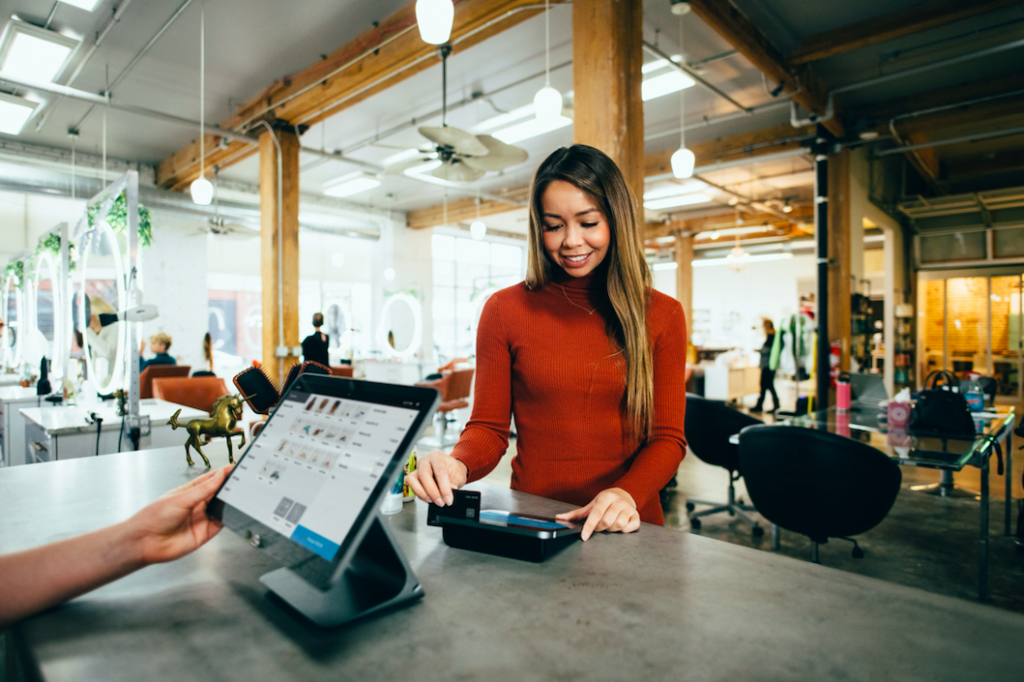 The World Floor Covering Association (WFCA) released the following information for retailers outlining several steps to protect businesses and employees while navigating the reopening process.
The World Floor Covering Association (WFCA) released the following information for retailers outlining several steps to protect businesses and employees while navigating the reopening process.
“With many states and localities easing their shelter in place orders, flooring retailers and contractors will begin reopening their facilities and bringing back employees. It is important that each retailer and contractor take steps to protect employees and customers from exposure to the coronavirus. Moreover, it is important to take precautions to minimize the risk of customers or employees claiming you are liable if they contract COVID-19.
The Center for Disease Control (CDC) and the Occupational Safety and Health Administration (OSHA) have issued guidance on preparing workplaces to guard against COVID-19. In addition, some states have issued standards and some have mandated that these standards be applied. Insurers and other groups have also issued suggested precautions employers and retailers should take. Whether mandated or just considered suggestions, these guidelines should be applied to minimize risks to employees and customers, and the possible liability if a customer or employee becomes ill with the coronavirus.
WFCA has reviewed the CDC, OSHA and other guides, and has provided the below steps that every flooring retailer and contractor should consider to protect their employees, subcontractors and customers from the coronavirus.
- The employer should have each employee verify that they have not had or been exposed to anyone who has had COVID-19 or symptoms of the virus.
- The employer should pre-screen workers by temperature checks each day when the employee reports to work.
- If practical, the retailer and contractor should use temperature checks for all customers before they enter the store, facility or work site. The retailer and contractor may also want customers to verify that they have not had or been exposed to anyone who has had COVID-19 or symptoms of the virus.
- The employer should regularly monitor employees for symptoms of the coronavirus.
- If any employee is feeling ill or showing signs of the coronavirus, they should be sent home and not report to work until they have tested negative for the coronavirus.
- The employer should stagger shifts, breaks and lunch to avoid congregation.
- A retailer and contractor should limit the number of employees and customers present at any one time in its facilities or work sites.
- The employer should require employees and customers practice social distancing by mandating they remain at least 6 feet apart.
- The employer should consider installing clear plastic barriers at the reception desk and register.
- The employer should provide new mask and gloves to employees every day, and mandate that they wear them. It makes sense to have these items available for customers.
- The employer should require employees wash their hands with soap, and consider posting information on hygiene. If hands cannot be washed, such as on some job sites, the employer should supply and mandate the use of hand sanitizers.
- The employer should clean and disinfect frequently touched objects and surfaces such as workstations, keyboards, telephones, samples and doorknobs.
- The employer should not allow employees to use same the same phones or other equipment without disinfecting them first.
- The employer should disinfect and clean all work spaces at least daily.
- The employer should implement feasible engineering controls, such as increased ventilation.
While taking all of these precautions may not be practical for every flooring retailer and contractor, they should implement as many of these precautions as possible. It is also recommended that flooring retailers and contractors require their subcontractors to follow these rules.
Taking these steps will not absolutely eliminate the risk of exposing someone to the coronavirus, but will minimize that risk. Moreover, a flooring retailer and contractor needs to also check with their state and local governments to see if they have imposed any additional requirements or guidelines. Taking these precautions will reduce any potential that they could be found to be liable if a customer or employee did contract the virus, by showing that the flooring retailer and contractor took all reasonable steps to avoid spreading COVID-19.
With the rapid pace at which laws, rules and orders are being issued, and now the lifting of shelter in place orders, WFCA is working to keep members informed and updated regarding their opportunities and obligations during the COVID-19 crisis. The Association will also continue to provide other important information that may impact members. In the meantime, please feel free to send your concerns or questions directly to jeffw@jkingesq.com and mperkins@lobbyit.com.
Notice: The information contained in this update is abridged from legislation, court decisions, and administrative rulings, and should not be construed as legal advice or opinion, and is not a substitute for the advice of counsel.”
